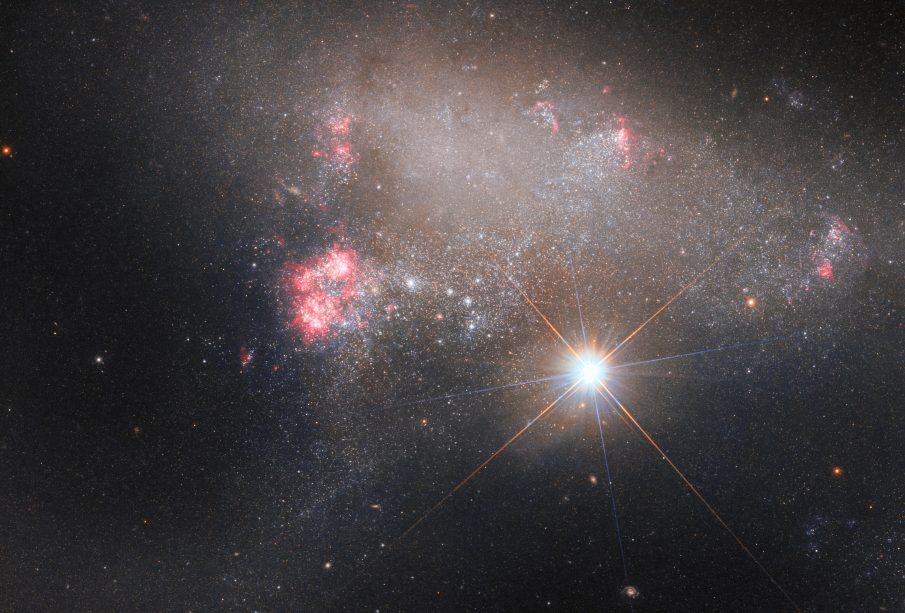NASA: Pioneering Space Exploration and Discovery

Introduction
NASA, the National Aeronautics and Space Administration, plays a crucial role in advancing our understanding of space and Earth sciences. With its innovative missions and groundbreaking discoveries, NASA has captivated the imaginations of millions around the globe. As space exploration enters a new era, the importance of NASA’s work becomes ever more apparent, impacting not only scientific communities but also the public’s curiosity about the cosmos.
Recent Missions and Achievements
In 2023, NASA has been at the forefront of several exciting missions. The Mars Sample Return project, scheduled for the late 2020s, has begun its preliminary phases with the Perseverance rover successfully collecting rock and soil samples on the Martian surface. These samples aim to be returned to Earth for analysis, marking a significant milestone in our quest to understand potential life on Mars.
Additionally, NASA’s James Webb Space Telescope (JWST) is revolutionizing our understanding of the universe. Since its launch in late 2021, JWST has provided unprecedented views of distant galaxies, star formation regions, and exoplanets, enhancing our knowledge of cosmic history and the formation of planetary systems. Upcoming studies using JWST will focus on the atmospheres of exoplanets, seeking signatures of habitable conditions.
Advancements in Earth Science
NASA is not only focused on distant planets but also on our own home, Earth. The Earth Science Division continues to tackle climate change through advanced satellite technologies. The Landsat program, for example, has been invaluable in monitoring changes in land use, vegetation, and climate patterns over the decades. Recent satellite data revealed alarming trends in Arctic ice melting, prompting increased focus on climate initiatives worldwide.
Collaboration with International Partners
NASA’s efforts extend beyond the U.S., as it collaborates with international space agencies like ESA, CNSA, and JAXA. Recently, the Artemis program’s goals of returning humans to the Moon and establishing a sustainable presence there has garnered support from global partners. The Artemis I mission was a significant success, testing the Space Launch System and Orion capsule, setting the stage for future lunar exploration.
Conclusion
As NASA continues to lead the way in space exploration and scientific discovery, its initiatives demonstrate the agency’s commitment to understanding both the universe and our planet. With ambitious projects on the horizon, including crewed missions to Mars and extensive studies on climate change, the future holds tremendous promise for NASA and its role in exploratory science. For readers, staying informed about NASA’s developments is crucial, as these discoveries have the potential to reshape our understanding of the universe and our responsibility toward Earth.


